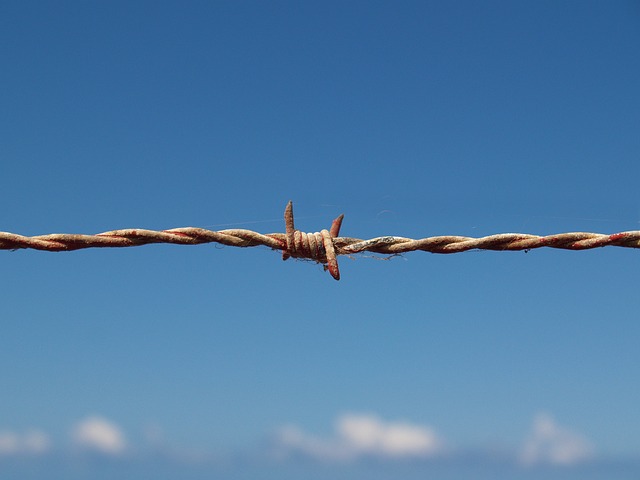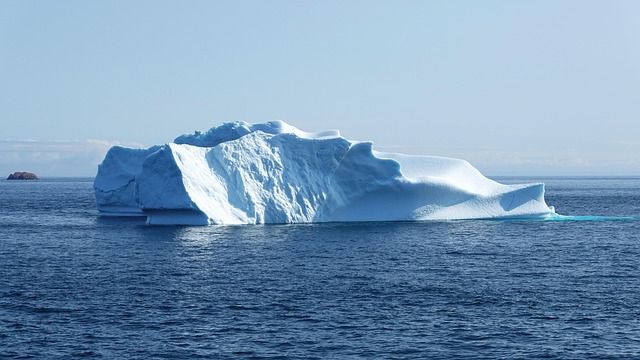As the world continues to grapple with the devastating effects of environmental degradation and climate change, a tragic storyline unfolds, intertwining the lives of numerous refugees. With rising temperatures, severe weather patterns, and collapsing ecosystems, the longstanding concept of home is being rewritten, often leaving communities in ruins and individuals displaced from their roots.
The environment is the bedrock of human existence, providing food, water, and security. However, as climate change accelerates, we see an alarming increase in natural disasters—floods, hurricanes, and droughts—that do not discriminate between borders. These environmental catastrophes are not just statistics; they represent comprehensive upheavals that leave families shattered, with no choice but to flee to uncertain futures—leaving behind everything they once knew and loved.
For millions of refugees, the search for safety often begins with the land that has been decimated. Imagine a farmer who has to abandon fertile fields that once nourished his family for generations, now parched or submerged under water. The anguish of witnessing such loss can be profound, amplifying the emotional toll of displacement. Each refugee carries with them stories of grief, dispersing hope like a dropped seed in a barren field.
Climate change does not only transform landscapes; it alters the fabric of societies. Increased competition for dwindling resources leads to tensions, conflicts, and even violence, forcing more people into refugee status. The connection between environmental degradation and human migration is evident—this intersection is not merely academic; it is a lived reality impacting countless lives around the globe.
The plight of refugees amid environmental turmoil highlights the urgent need for our collective attention and action. As rising sea levels encroach on coastal cities, as wildfires ravage vast stretches of forests, and as droughts devastate entire regions, we are called upon to empathize with those displaced by conditions we have a hand in creating. These refugees are not just numbers in a report; they are our fellow human beings desperate for dignity, respect, and a chance at renewal.
It’s vital to remember that refugees contribute richly to the communities that receive them, adding layers of resilience and diversity. They bring with them cultures, traditions, and the indomitable spirit to rebuild that we all can learn from. However, the support systems must be in place to assist in their transition—psychosocial support for trauma, education opportunities for a future, and sustainable solutions that honor their past while embracing a hopeful tomorrow.
As the planet’s temperature rises, so does our moral imperative: to recognize, respond, and advocate for those displaced by climate change. In doing so, we not only preserve humanity but also forge connections that transcend borders. The journey ahead is fraught with challenges, yet it is in these vulnerabilities that we can collectively rise, melting away the divisions that separate us and reinforcing the compassion that binds us together.




